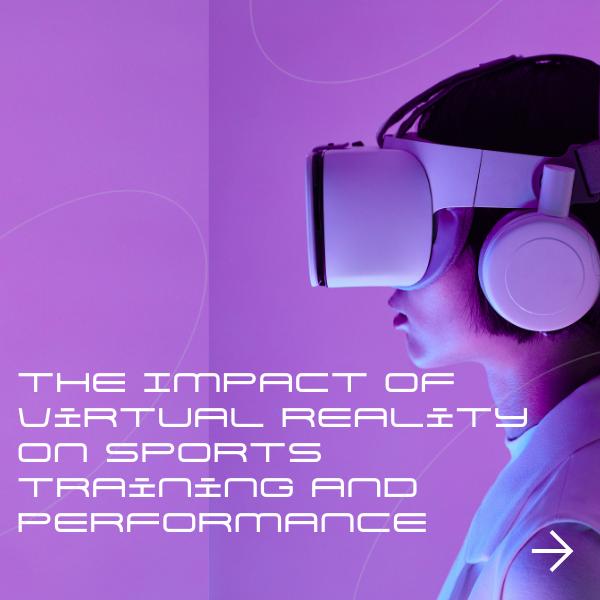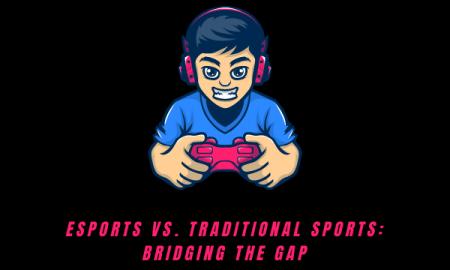Virtual Reality (VR) technology has swiftly advanced from a novelty to a transformative tool in numerous industries. Sports are no exception. In recent years, VR has emerged as a game-changer in sports training and performance analysis. It offers athletes immersive simulations, enhances fan experiences, and presents boundless potential for reshaping the future of sports.
Immersive Training Simulations
Athletes can now step into virtual environments that replicate real-world scenarios with astonishing accuracy. For example, a basketball player can practise free throws in a virtual gym. A quarterback can work on their passing accuracy against virtual defenders. A golfer can enhance their swing technique using a virtual golf course. These simulations provide athletes with valuable opportunities to hone their skills in a controlled, repeatable environment. They are liberated from the limitations of physical space and resources.
Enhanced Performance Analysis
Coaches and athletes can use VR to review gameplay footage from multiple angles. This provides them with a comprehensive understanding of player movements, positioning, and decision-making in real-time. By immersing themselves in a VR replay of a game or training session, athletes can gain insights into their performance. They can also identify areas for improvement. They can also develop more effective strategies for future competitions.
Injury Rehabilitation and Prevention
VR has also proven to be a valuable tool for injury rehabilitation and prevention. Physical therapists can use VR simulations to guide patients through rehabilitation exercises in a safe and controlled environment. They can then gradually reintroduce them to movements and activities without risk of further injury. VR can also be used proactively to identify potential injury risks by analysing biomechanics and movement patterns. This allows athletes to address issues before they escalate into more serious problems.
Fan Engagement and Immersive Experiences
Beyond its impact on athletes and coaches, VR technology enhances fan engagement and offers immersive experiences for sports enthusiasts. Fans can now watch games from the best seats in the house, regardless of their physical location, through VR live streaming. VR broadcasts provide viewers with a 360-degree view of the action, allowing them to feel as though they are part of the crowd or even on the field with the players. This heightened level of immersion enriches the viewing experience, bringing fans closer to the excitement of live sports.
Reshaping the Future of Sports
Looking ahead, the potential for VR to reshape the future of sports is as vast and exciting as it is for other gaming industries, such as online pokies. With the progression of VR technology, we anticipate more advanced training simulations, improved performance analysis tools, and innovative fan experiences. VR has the power to democratise sports training and analysis, making elite-level resources and insights accessible to athletes at all levels. Moreover, VR has the potential to create new forms of sports entertainment and spectator experiences that transcend traditional boundaries and redefine the way we engage with sports.
VR’s Accessibility Will Make All the Difference
The impact of virtual reality on sports training and performance is profound and far-reaching. From immersive training simulations to enhanced performance analysis and innovative fan experiences, VR technology is revolutionising the world of sports in ways we could have only imagined a few years ago.







